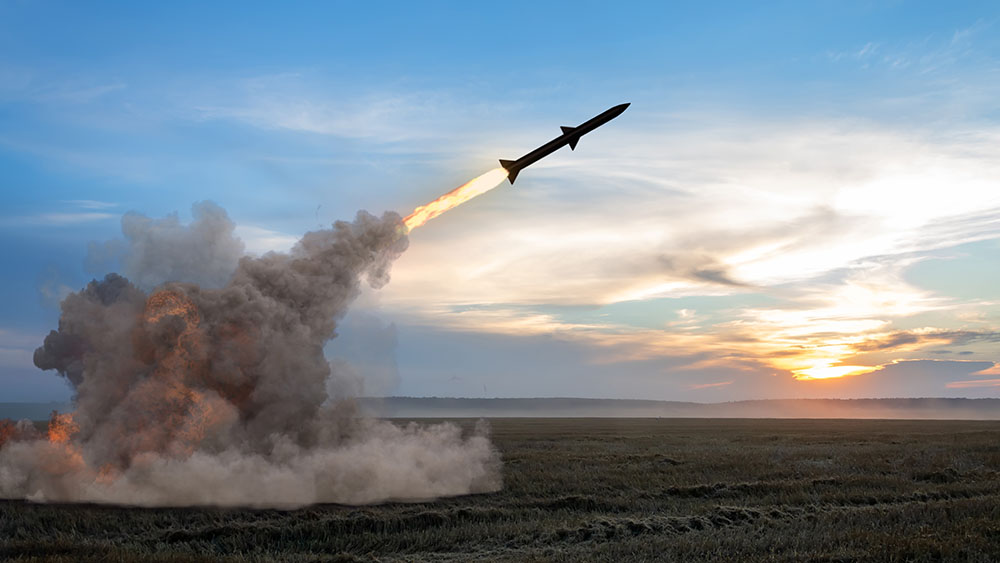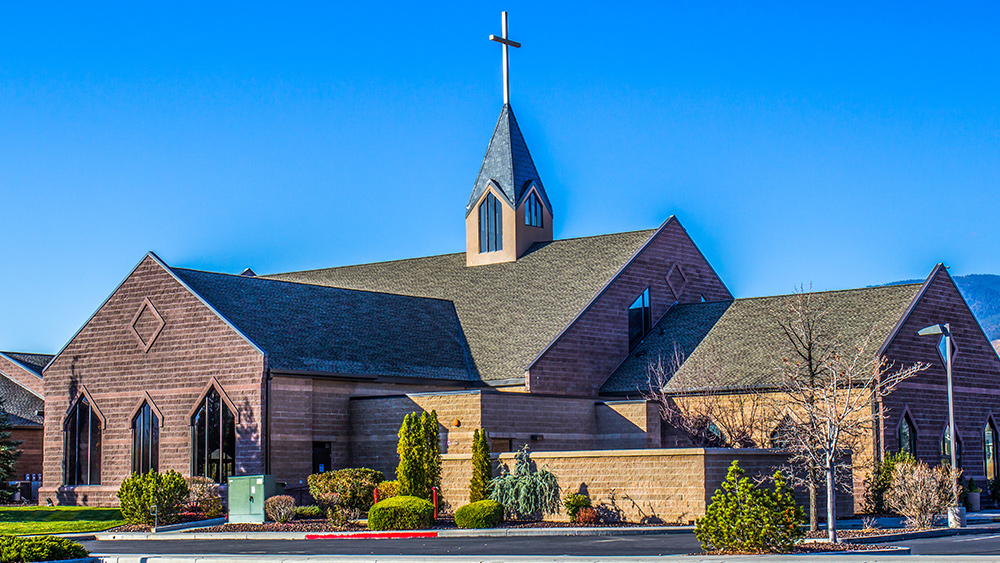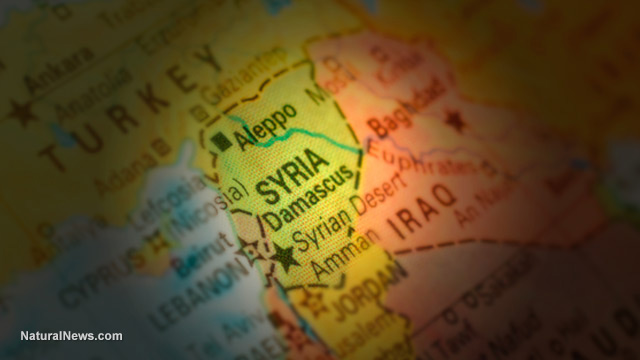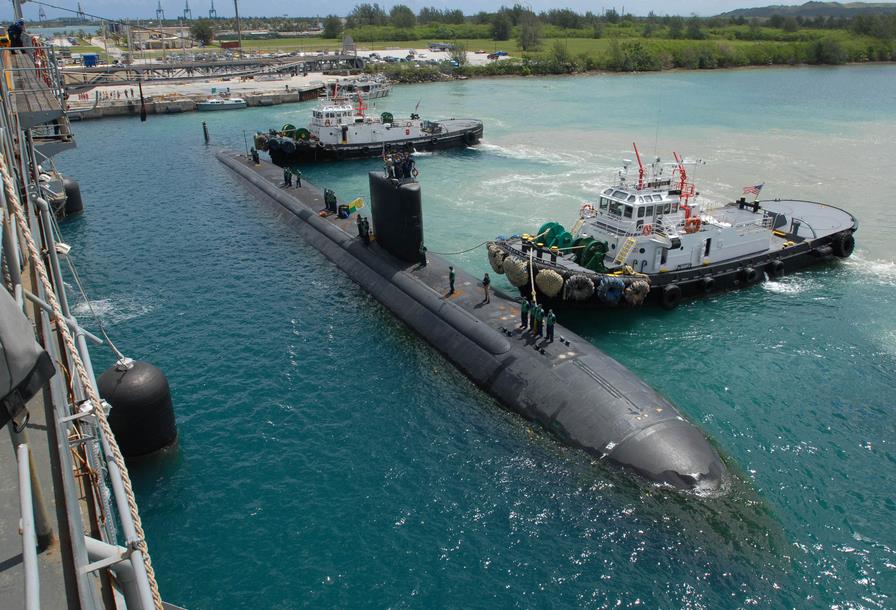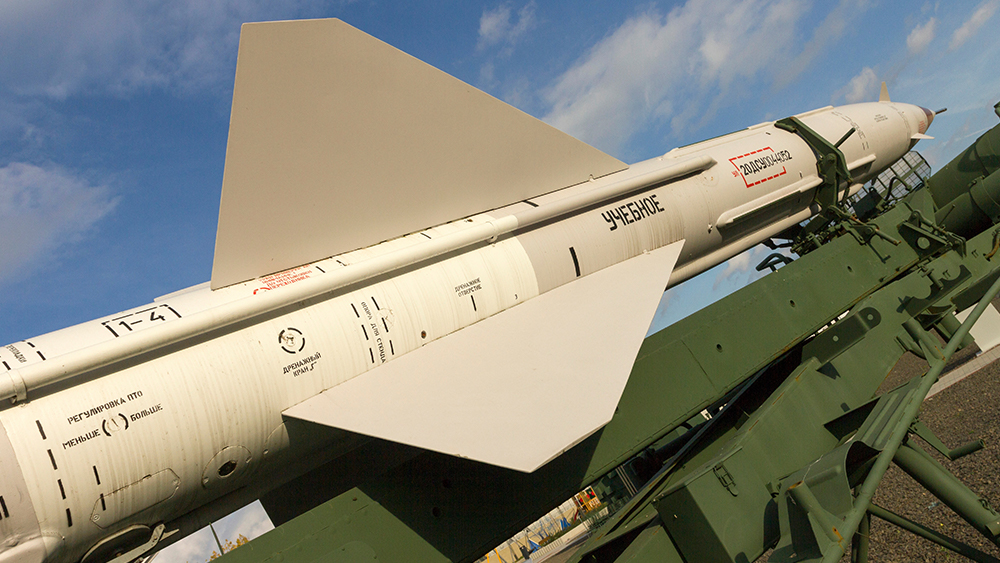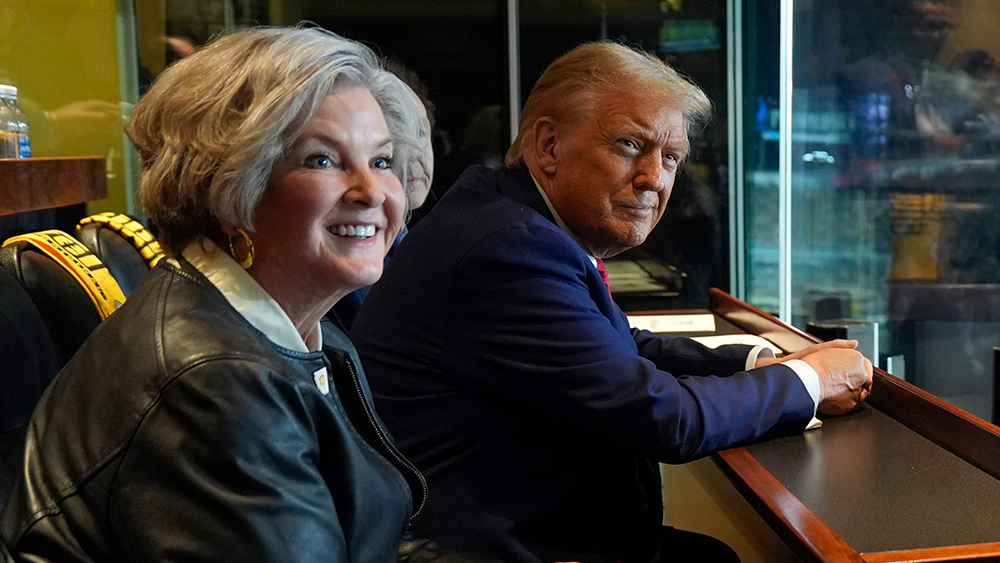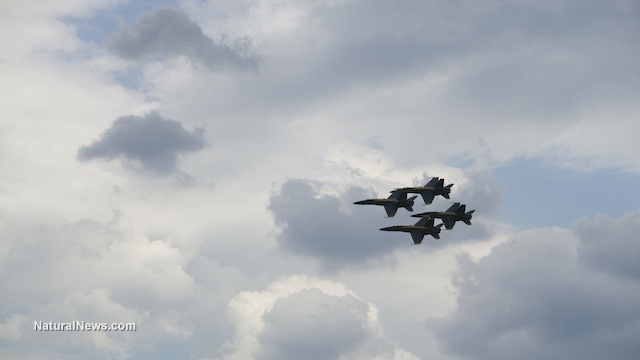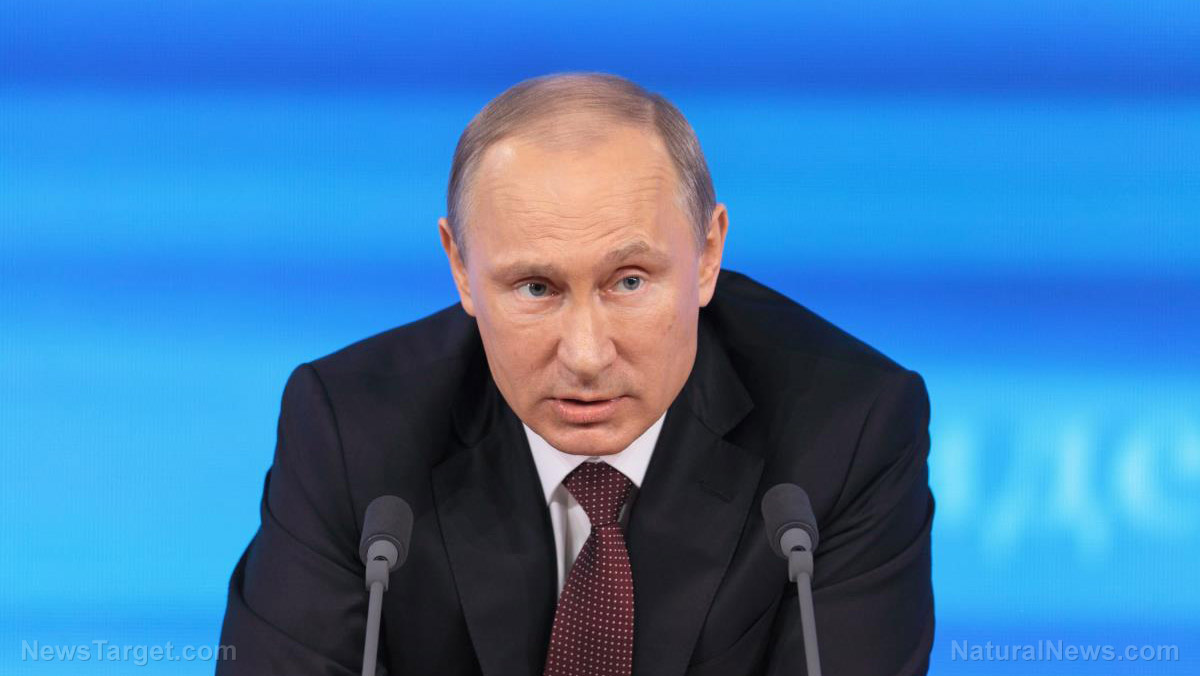Israel and Hezbollah reach a 60-day temporary ceasefire deal… but will it hold?
12/02/2024 / By Richard Brown
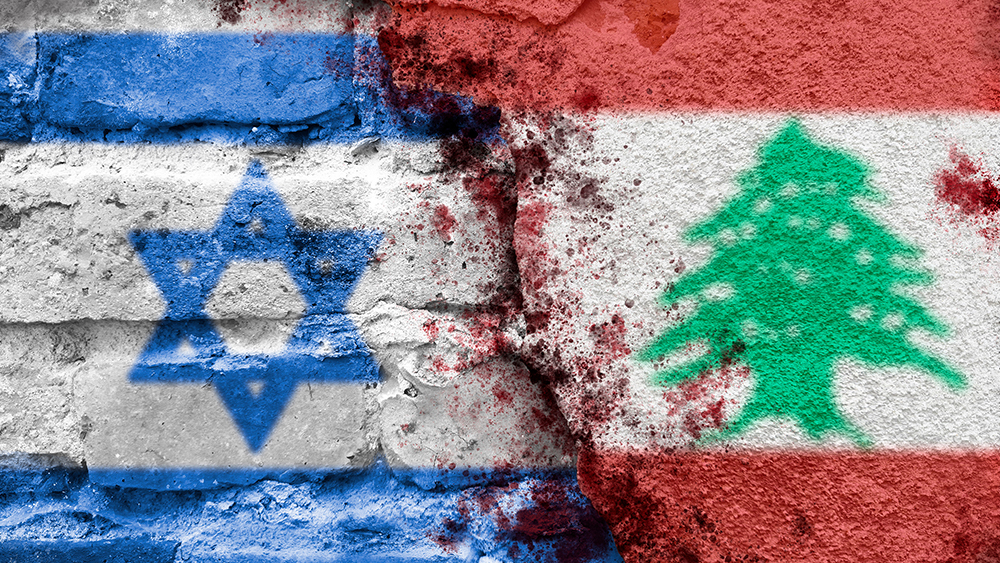
Israel and Hezbollah have entered a ceasefire agreement that ends over a year of escalating cross-border airstrikes and rocket attacks, as well as two months of ground operations by Israel aimed at pushing Hezbollah away from its northern border.
The ceasefire, effective from 4 a.m. local time on Nov. 27, is the result of intense diplomatic efforts and aims to bring much-needed stability to the region.
Under the terms of the deal, Israel is required to evacuate Lebanese territory within 60 days, and the Lebanese Armed Forces will take up former Israeli positions in southern Lebanon to secure the area and prevent Hezbollah from retaking these positions.
Lebanon has also agreed to continue Israel’s work of dismantling Hezbollah’s fortifications along the border. This marks a concerted effort to curb Hezbollah’s military activities and restore stability to the region.
United States President Joe Biden, in announcing the ceasefire, emphasized that Hezbollah would not be allowed to threaten Israel’s security during the 60 days or rebuild its terror infrastructure.
“We’ve determined this conflict will not be just another cycle of violence,” said Biden, underscoring the U.S. commitment to ensuring the ceasefire holds and that peace efforts take precedence.
Biden also expressed hope that civilians on both sides, many of whom have been displaced due to the fighting, would soon be able to return home and begin rebuilding their lives. The ceasefire is expected to facilitate the delivery of humanitarian aid and offer some relief to those suffering on both sides of the border. (Related: Netanyahu says IDF will still carry out operations against Hezbollah even if there is a ceasefire deal with Lebanon: “Nobody can guarantee it will hold.”)
International community to support implementation of ceasefire agreement
While no U.S. troops will be deployed to southern Lebanon, Biden confirmed that the U.S., France and other nations would assist in implementing the ceasefire agreement effectively. This includes offering equipment, training and financial support to the Lebanese Armed forces to help it secure the region and monitor Hezbollah’s compliance. Troops from France and the U.S. will also be coordinating with Lebanon to ensure Hezbollah’s heavy weaponry is removed and the situation is continuously monitored.
The international community will also support the rebuilding of southern Lebanon, where much of the fighting occurred. According to a senior U.S. official, Hezbollah is currently weakened both militarily and politically, and the ceasefire provides Lebanon an opportunity to reassert control over its territory, free from Hezbollah’s influence. However, there are concerns about whether Hezbollah will fully comply with the agreement, given its past history of violating ceasefires.
Skepticism remains, particularly among some Israeli officials and local leaders who fear Hezbollah may use the lull in fighting to regroup. Israeli military strategists view Hezbollah as a long-term threat, and the group still possesses a vast arsenal of rockets and anti-tank missiles. Some Israeli leaders, such as Avichai Stern, the mayor of Kiryat Shmona, have voiced opposition to the deal, warning that it could lead to another attack on Israel. Stern argued that Hezbollah still can strike Israel from beyond the designated border zone, casting doubt on the agreement’s long-term viability.
The ceasefire deal comes after months of intense fighting that has resulted in thousands of casualties. More than 3,500 Lebanese, many of them civilians as well as Hezbollah fighters, have died, while more than 70 Israelis, including 50 Israeli Defense Forces soldiers, have also been killed. Tens of thousands of residents in northern Israel have been displaced, unable to return home for over a year. Both sides have suffered significant damage, and the reconstruction of homes, infrastructure and businesses will take years.
While the ceasefire is a significant step toward reducing hostilities, its success remains uncertain. The agreement is a reprieve, but questions remain about Hezbo\llah’s long-term intentions.
Watch this video from Southfront Press discussing the 60-day ceasefire between Israel and Hezbollah.
This video is from the Cynthia’s Pursuit of Truth channel on Brighteon.com.
More related stories:
UNICEF: Extensive Israeli bombings in Lebanon have affected thousands of children.
Iran reaffirms support for Lebanon as ceasefire talks continue.
U.S. ceasefire proposal to Lebanon sparks controversy, criticized as “blackmail” by media.
Sources include:
Submit a correction >>
Tagged Under:
big government, ceasefire, ceasefire agreement, chaos, diplomacy, Hezbollah, invasion of Lebanon, Israel, Israel-Hezbollah conflict, Joe Biden, Lebanon, peace, peace deal
This article may contain statements that reflect the opinion of the author
RECENT NEWS & ARTICLES
COPYRIGHT © 2019 Dangerous.News
All content posted on this site is protected under Free Speech. Dangerous.News is not responsible for content written by contributing authors. The information on this site is provided for educational and entertainment purposes only. It is not intended as a substitute for professional advice of any kind. Dangerous.News assumes no responsibility for the use or misuse of this material. All trademarks, registered trademarks and service marks mentioned on this site are the property of their respective owners.



